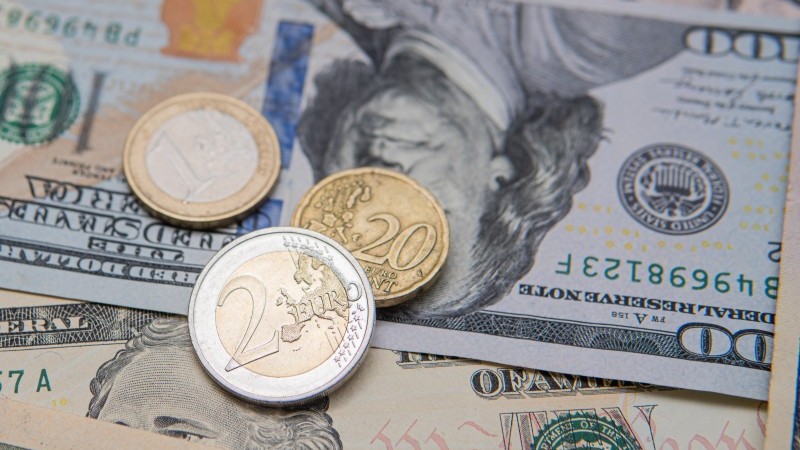As above, EUR/USD seems to have survived what could have been a tricky week. Today’s focus will be on the flash PMIs for the region. These have been a source of comfort to the euro in that business sentiment has stayed relatively constructive, suggesting businesses are finding workarounds for the new tariff environment. As an aside, export numbers for November (Korea) and October (Japan) seem to be holding up quite well. A decent set of PMIs today could give the euro a modest lift. We should also see the European Central Bank’s survey of negotiated wages for the third quarter. These are expected at 2.45% quarter-on-quarter annualised versus 3.95% in the previous quarter. This should be welcome news to the ECB, but also a reminder that real wages are rising in the eurozone and, with a high savings rate, eurozone consumption could be a positive surprise for 2026.
Away from the data, we have several central bank speakers today. ECB President Christine Lagarde speaks this morning at the Frankfurt European Banking Congress. The tone of the conference is very much about the benefits of investing in Europe, and we might see references again to the notion of a global euro. Here, we’ve seen reports overnight in Politico that the ECB is thinking of expanding its EUREP repo lines to other central banks outside the euro area. This is an effort to increase comfort in euro invoicing – copying the People’s Bank of China’s playbook for the renminbi – and is something we discussed in our global euro paper earlier this year.
If EUR/USD can somehow make it back above 1.1560/65 today, it will have had a good week.
Elsewhere, we have a Swiss National Bank Watchers conference this afternoon, with plenty of SNB speakers. Expect a similar message along the lines of ‘we have all our options open’ to address Swiss franc strength, when in reality its ability to cut rates and intervene is sorely limited. We see EUR/CHF staying offered near 0.92 into year-end as investors prefer to hold Swiss francs as a hedge against a loss of confidence in government bond markets and fiat currencies.
Chris Turner
